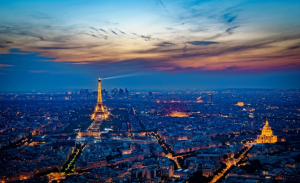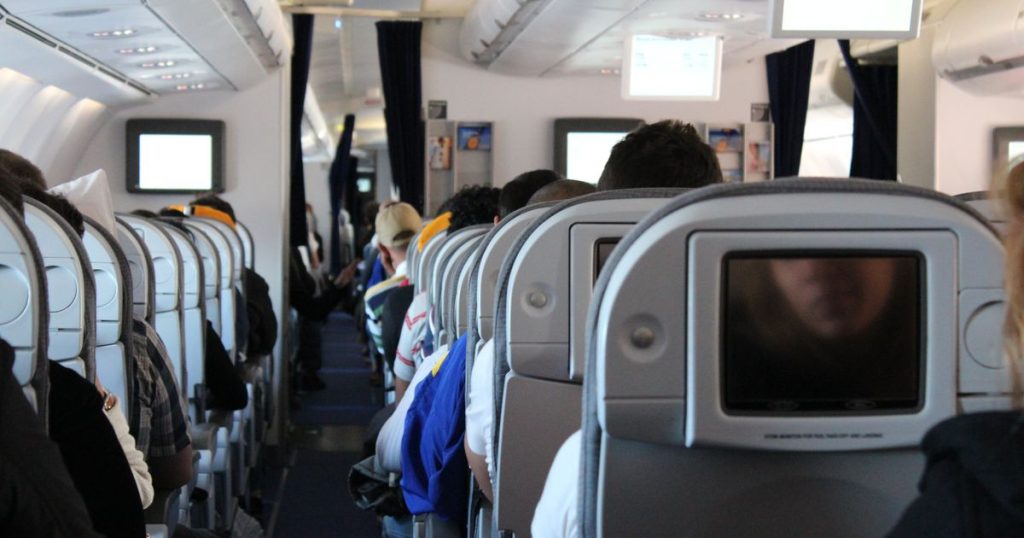Choosing the perfect plane seat can make a big difference in your flying experience. While most travelers are looking to stick to a budget, there are certain factors to consider when selecting an economy cabin seat. Travel experts suggest opting for a window seat for better opportunities to sleep and enjoy the views. Window seats over the wings are smoother and offer better control over the window shade, which can provide comfort for those with a fear of flying.
Sitting as close to the front of the plane as possible has its advantages, such as easier access to overhead bins and quicker deplaning. However, be cautious about choosing the first row behind a wall, as it may require placing your bag in the overhead bin. Avoiding the last few rows of the plane is recommended to minimize turbulence and noise from the lavatories. For those who need to stretch or move around during the flight, an aisle seat may be the best option as it allows easier access to the overhead bin and restroom.
If you find yourself stuck with a middle seat, there are ways to potentially switch seats at the gate, especially if couples are looking to sit together. Avoiding seats near the restrooms can help prevent disturbances from foot traffic and noise. Exit row seats are a popular choice for extra legroom, but not all exit row seats recline, so choose wisely. Every air passenger has different needs when it comes to seat choices, so consider what is most important to you when selecting your seat on your next flight.








